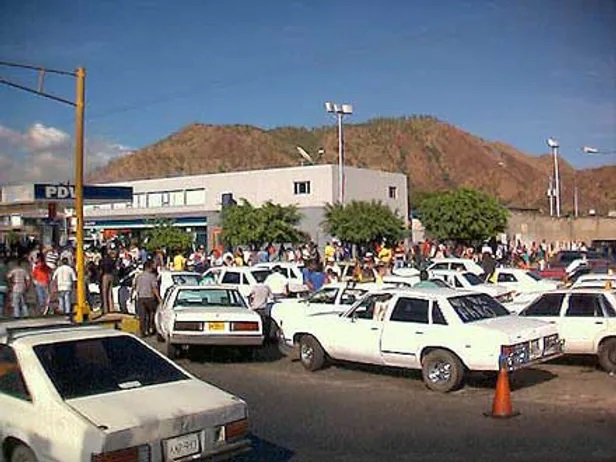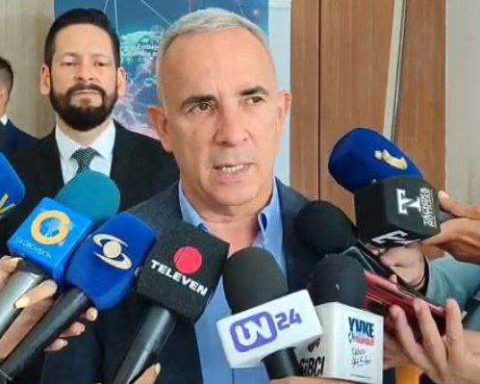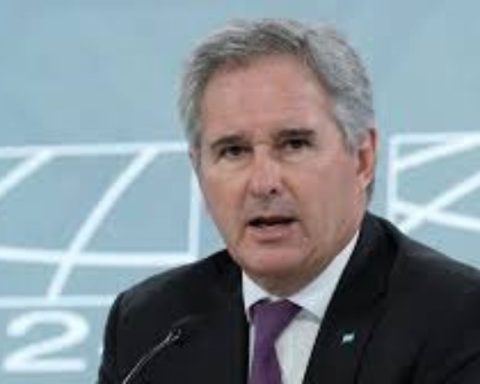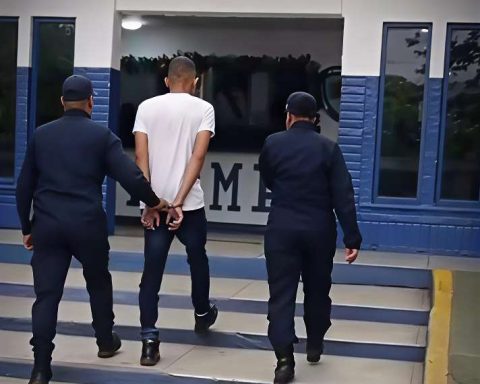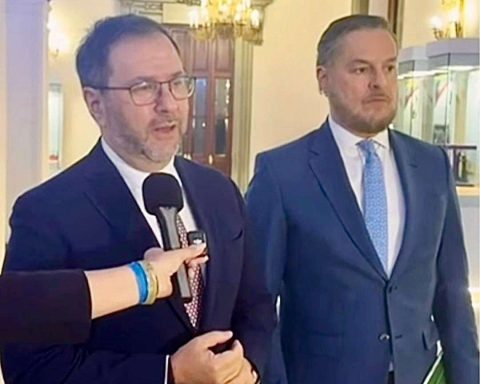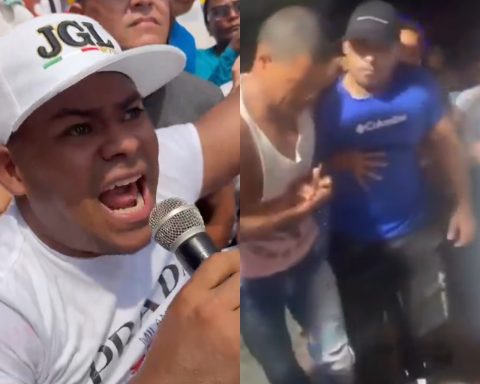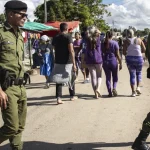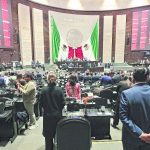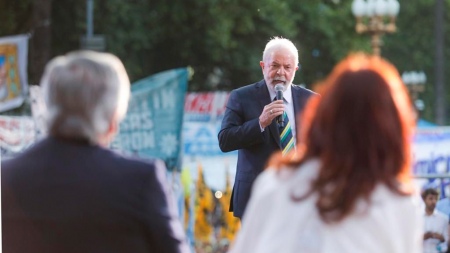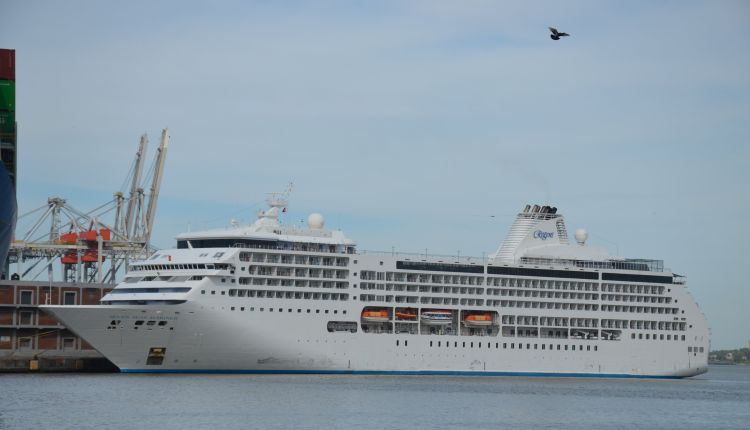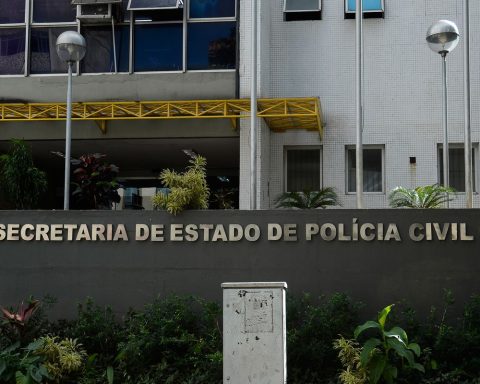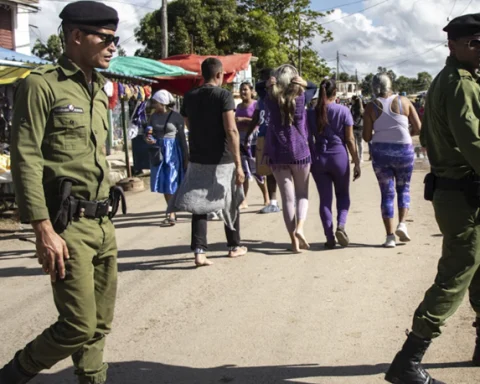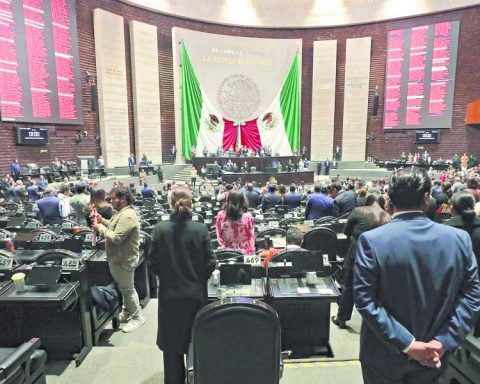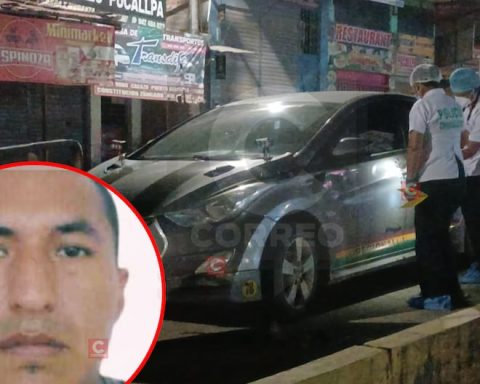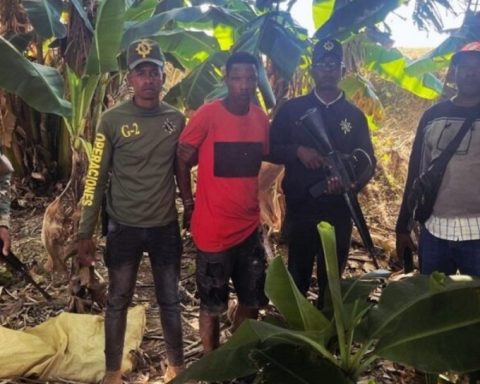This week marks the 20th anniversary of the oil strike carried out by the opposition to overthrow the Bolivarian Government, an objective that continues to be pursued by some political sectors that seek, as was the case then, to subdue the Venezuelan people and their government through illegal maneuvers against the hydrocarbon production system.
The same actors who promoted the coup d’état in April 2002 to try to overthrow President Hugo Chávez through illegal means, were the ones who led the oil strike in December of that same year, with the people being the main affected.
The coup attempts were not enough for the right wing led by Fedecámaras and the Confederation of Venezuelan Workers (CTV), to attack the Chávez government; During the events of the oil strike, the PDVSA management payroll at that time was part of the so-called “civic strike”.
The PDV Marina tanker Pilín León remained anchored for 17 days in the navigation channel of Lake Maracaibo. The media showed that the ship was controlled by the crew that supported the strike. It was then a sabotage to which internal fuel transport contractors, managers and refinery operators also joined.
Among the directors of the state oil company who were part of the strike were Juan Fernández, Rogelio Lozada, Eddie Ramírez, José Rafael Paz, Raúl Alemán, Armando Izquierdo and Edgar Paredes.
The strike lasted from December 2002 to February 2003, making it one of the longest-lasting general strikes in history.
According to social indicators, the oil strike raised poverty by 9.6 points after going from 39% to 48.6%. In addition, the destabilizing action caused inflation to rise from 12% to 31%.
For the state oil company, it left losses in the order of 18 billion dollars, distributed in 12 million 750 thousand dollars due to decreased sales; 504 million dollars for the purchase of imported gasoline and 204 million dollars in damage to equipment and facilities, according to sources.
The town was subjected to a long period in which there was a shortage of fuel for transportation, domestic gas and other basic necessities, a scenario that intended a social outbreak in the country.
On February 18, the custodial order was issued for the promoters of the sabotage, the union leader Carlos Ortega and the president of Fedecámaras, Carlos Fernández.
unscathed working class
After another year of that oil strike that affected the national economy, the President of the Republic, Nicolás Maduro, recognized the courage of Hugo Chávez and the oil working class of that time who promoted the relaunch of crude oil production.
“20 years after the sinister oil sabotage, my infinite appreciation goes to the oil working class. The courage of Commander Hugo Chávez and the commitment of the PDVSA workers frustrated the imperial ambitions and pretensions to subdue our people,” he wrote.
Maduro accompanied his message with a video of Chávez giving a speech about what happened in December 2002: “A group of conspirators have wanted to stab the heart of Venezuela, oil production, refining, gas, food, what these people did, they attacked the tranquility of Venezuelans, it has been a criminal act of treason against the homeland,” Chávez said during what happened.
The oil industry continues to be attacked by the interventions of actors from the national and international right.
The relevant facts
- On December 2, 2002, Fedecámaras and the CTV led a strike together with the elite of the PDVSA company and began maneuvers to try to overthrow President Hugo Chávez.
- December 4, 2002 The PDV Marina tanker, Pilín León, loaded with gasoline, is anchored in Lake Maracaibo to prevent ships from leaving or entering.
- December 5, 2002 Twelve cargo ships joined the sabotage and in parallel the media covered the strike. Likewise, the television stations broadcast propaganda in favor of the strike that openly called for the overthrow of the Chávez government.
- The strike interrupted the supply of fuel from the Carenero, Guatire and Catia La Mar plants and caused the closure of 90% of the service stations in the states of Aragua, Guárico, Apure and Carabobo.
- Total oil production fell by 68%, due to the stoppage of production, storage restrictions, the stoppage of 29 compression units in Lake Maracaibo and the stoppage of activities at the La Salina Lake Terminal due to staff abandonment. In addition, there was partial operation of the El Palito refinery.
- The Central Bank of Venezuela reported that the actions of the leaders of the CTV, Fedecámaras and PDVSA produced a serious contraction in the Gross Domestic Product (GDP) and a fall of at least 27.7% during 2002.
- The town was affected due to the lack of fuel. During those days, long lines were observed at gas stations to fill up fuel.
- An employer strike was added to the oil strike to bring about a social outbreak in Venezuela. In that period, the loss of more than 500,000 jobs was recorded, in addition there was a massive closure of commercial establishments, which generated the loss of 5,000 million dollars due to the paralysis of productivity. However, the Food Industry Chamber launched a plan for the partial opening of food outlets.
- The oil strike failed at the beginning of February 2023 despite the fact that the Venezuelan industry had been partially operational since January 2023. The so-called “civic” plan in 2002 attempted against the stability of Venezuela through shortages, a hospital crisis, bankruptcy of the State and shortage of basic services. It also sought to violate national sovereignty.
